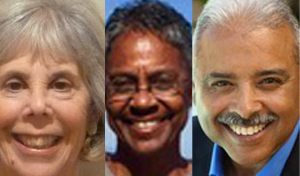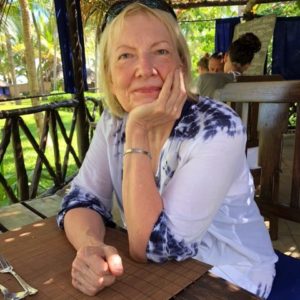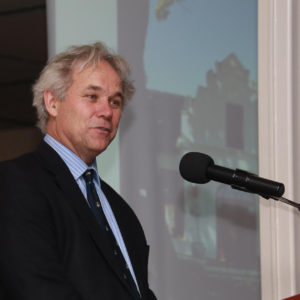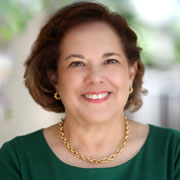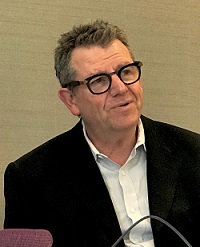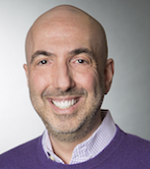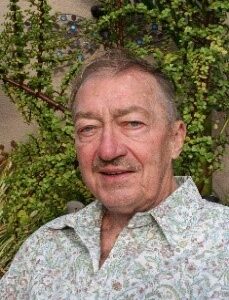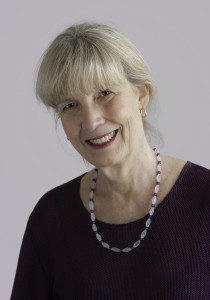ADRIENNE HARRIS
TWO VISIONS OF PSYCHOANALYSIS IN SOCIAL CRISIS
Part 1 – The Pandemic as an apres coup
Part 2 The work of Sandor Ferenczi and the Hungarian Psychoanalytic Society
The work of Ferenczi, the Hungarian Psychoanalytic world and the Unwelcome Child. This lecture will contextualize Ferenczi’s life and work in the context of the Hungarian Psychoanalytic Movement and in the context of political and social unrest.




